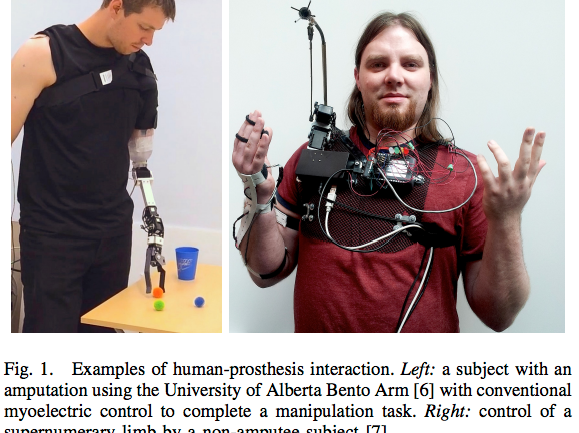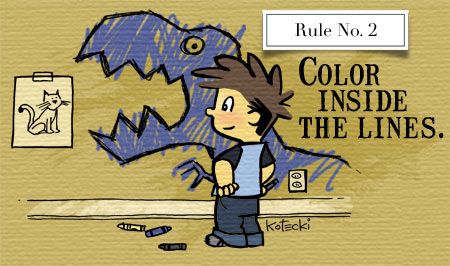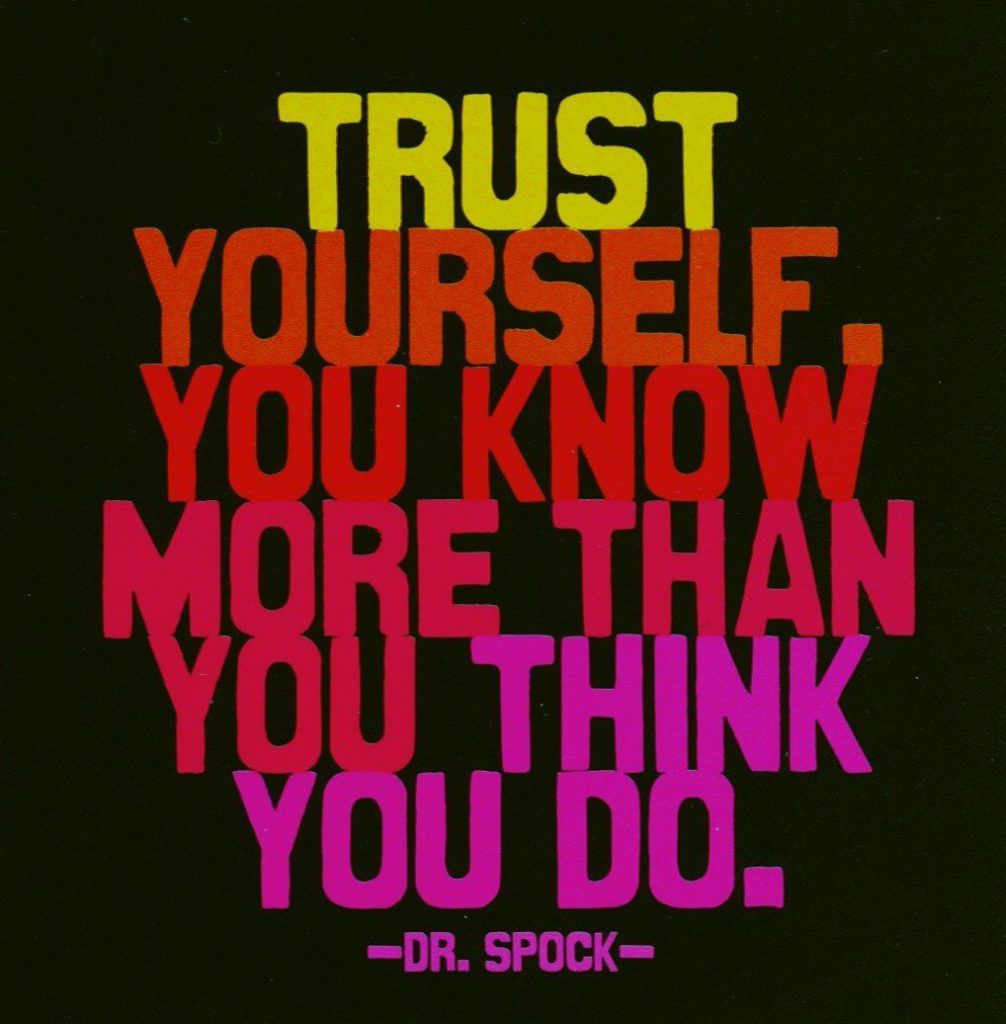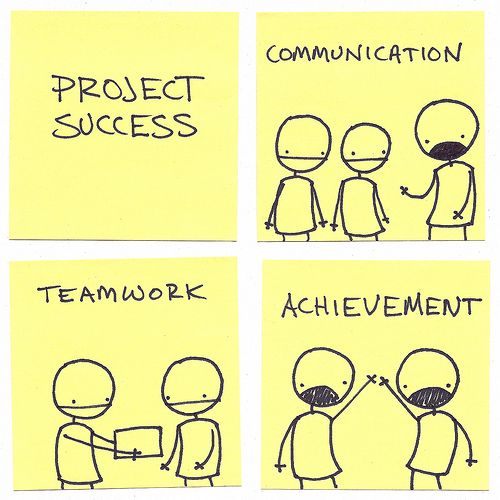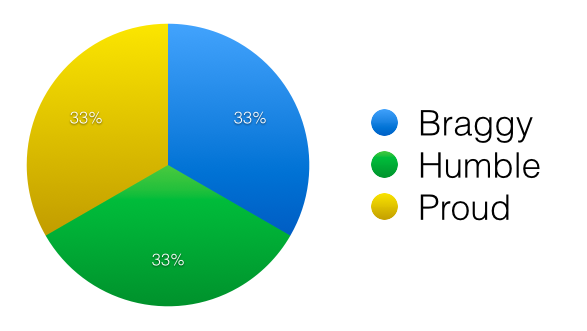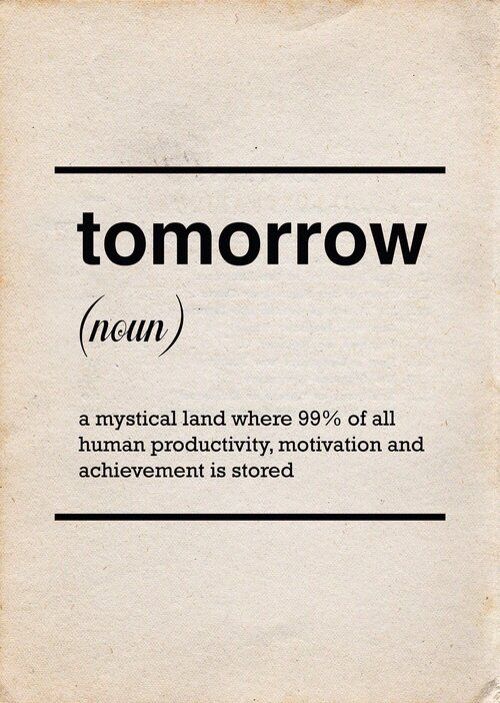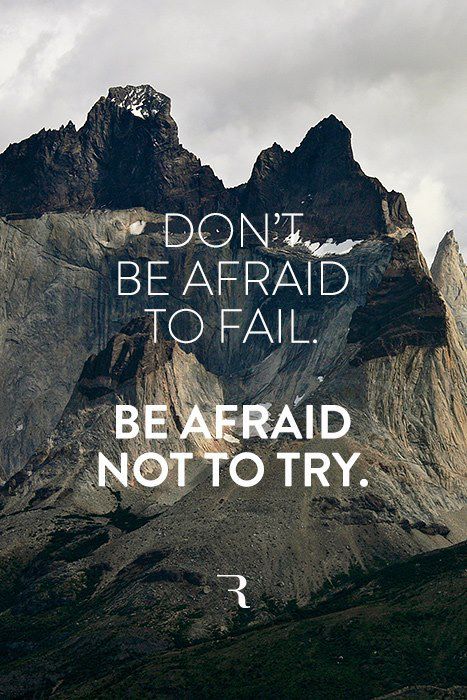Applying for and Winning Major Canadian Scholarships
Table of Contents
I was invited to present what I knew about applying for and winning major scholarships to the incoming graduate students in Computing Science at the University of Alberta.
This is the talk that I wish I heard ten years ago when I was just starting out as an undergraduate student.
TL;DR: Check out my slides directly and get right into them. If you are going to use anything from the slides please be sure to properly attribute it.
Preface #
I think it is critical for new students (Graduate and Undergraduate) to hear directly from students who have won major scholarships/grants/awards to get a sense of what those students did right, and how they can best make their application competitive.
There are many points that students will tell you (which you will read below), that officials at the University, or the granting agency, can not talk about.
While these keys are specifically written for major scholarships (requiring in-depth prepared sections academic and extra-curricular achievement) much of the information is more generally relevant.
Major Scholarships in Science and Engineering #
- Natural Sciences and Engineering Research Council of Canada Canadian Graduate Scholarships and Postgraduate Scholarships (NSERC CGS / PGS) for Master’s and Doctoral research (also covers SSHRC and CIHR)
- Alberta Innovates Technology Futures
- Killam Trust Scholarships
- Vanier Canada Graduate Scholarships
About Me #
To date I have secured almost $100,000 in scholarships, grants, and awards. My academic history looks like this:
- 2010 - B.Sc. Electrical (Biomedical) Engineering (Photoacoustic microscopy)
- 2014 - M.Sc. Biomedical Engineering (Measuring blood flow and oxygenation with MRI)
- Current - Ph.D. in Computing Science (Artificial intelligence in prosthetic limbs)
From Prosthetic Devices as Goal-Seeking Agents. Pilarski, Sutton and Mathewson. 2015.
Inspirational Quote #
Someone has to win, convince them it is you. – Kyle Mathewson
10 Keys to Applying and Winning #
- Find all Award Details
- Follow a Schedule
- Follow the Rules
- Use Available Resources
- Don’t Waste Words
- Trust your Past Work
- Secure Excellent References
- To Win More, Apply More
- Review, Review, Review
- Do Something Today
Find Award Details #
Locate all the information on the relevant scholarships. Collect it in a quick easy to read manner. Your department, or faculty, will most like have a repository like the University of Alberta does here. Go thank them in person for doing the hard work of collecting all the information. Your gratitude will go a long way.
Follow a Schedule #
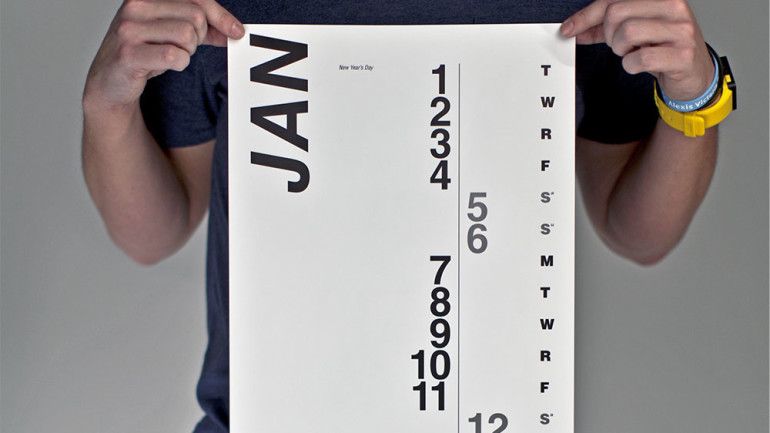
My Usual Schedule #
- 12 months before: Research past posting
- 6 months before: Prepare required materials
- 2 months before: Compile all required materials
- 1 month before: Final version for peer-review
- 2 weeks before: Proofread final version
- 1 week before: Make final hard copies
- 2 days before: Submit
Follow The Rules #
Agencies try to make it easy. The best place to look for how to fill the form out is to find the application information. Note word limits, page limits, and formatting. One Canadian granting agency reported 25% of applications are incomplete (The Peer Review).
Use Available Resources #
Connect with friends and colleagues about awards. Contact past winners to discuss what worked for them. Engage with potential supervisors and discuss framing a research proposal. Make friends with just enough English majors, and scratch their backs. If you don’t have English major friends, contact a writing support group like the Centre for Writers. If you want more administrative support, contact the Faculty of Graduate Studies and Research (FGSR). Contact your Graduate Advisor, they are an incredible resource for departmental needs.
Research Past Winners #
Find past information on agency websites. Investigate the work past winners did by cross referencing with Google Scholar and Google. How did they present their work in a compelling way? What was their hook? Read past applications.
Ask Questions to the Agency #
If something on the application is unclear, it is better to clear it up early (prior to application) with someone at the agency. Keep moving until you get the answer, be flexible. Added benefit is that it then creates a connection with the agency, someone who may help you in the future. Then they get a chance to help you before you even apply.
Don’t Waste Words #
Every application you create, creates value. Don’t waste words. Past applications and award descriptions are gold mines for personal statements, and proposals. Write timelessly. Reference time directly rather than “recently” or “last year”. Keep your entire history on a professional internet presence. Forces you to stay updated. Review background literature (with reference) on interesting research questions.
Clearly Describe Your Research Proposal #
You should be able to clearly describe your work in 1500 words, or 500, or 150, or 15, or 5 words. Describe your work out loud. Record it. Note the questions people ask about your work. These are the points that you can be more clear about next time. Your proposal does not have to be your current work, or all of what you plan to work on. It does need to be clear, concise and contained. Be honest with what you can accomplish.
Know Your Audience #
Use appropriate language. Often science-minded individuals working outside of your specific field review your application. Tailor you application to the funding agency. You should be able to explain it to me, or the person next to you, or my grandmother. “Good writing will not save bad ideas, but bad writing will kill good ones” - Kracier, The Art Of Grantsmanship
Trust Your Past Work #
My past research is full of challenging research (Scoliosis brace internal biomechanic monitoring, EEG seizure detection). Failure teaches more than success. Everything you do can be described as significant, even if you think it’s not. Talk to someone about how to expand your experiences. Your grades are sufficient. Your professional and volunteer experience is suitable and character developing. Your research is worthy of funding.
Include all Relevant Experience #
Your past Academic, Research, Corporate, Startup experience is relevant. Highlight communication and leadership. These two skill-sets are highly regarded.
Develop Yourself #
Actively attempt to fill the gaps in your character development. Seek out volunteer and/or internship opportunities. Maintain or improve your grades. Get involved in campus culture. If what you want doesn’t exist yet, make it happen.
Secure Excellent Reference Letters #
Find someone who has:
- Worked with you closely;
- Worked with you long enough to write from real knowledge;
- Relevance to the scholarship;
- A positive opinion of you and your abilities.
- A personal style that is warm and supportive.
If you can not ask clearly and confidently ask: Can you write me an excellent letter of reference? then, you are asking the wrong reference. Give writer full application and details on your personal and academic history (strong website helps). Give writer details on the scholarship including your internal deadline, what to focus on and how to submit. Thank them up front, you will probably want another reference from them. Ask for more references, and copies, than you need to submit. You can read their reference and get a sense of how excellent the reference letter is.
To Win More… Apply More #
You miss 100% of the shots you don’t take. – Wanye Gretzky
Start with confidence. Don’t have the confidence? Borrow some. Ask a trusted mentor if you should apply, they will champion you. The more you apply, the more you will:
- Solidify a process and develop good habits;
- Communicate about yourself and your research effectively; and
- Win.
Proofread #
Print out the full application, change styles for a new perspective. Find someone who is a better writer than you do proofread for you. Multiple proofreaders at multiple times give multiple perspectives. Read through it (out loud) with a fine toothed red pen for grammar, spelling, and formatting. If you can’t get the small details of your application right, then how are you expected to get the small details of the research right? The small details are easy to get right, and very negative if you get them wrong.
Peer Review #
Trust fellow lab mates and colleagues to provide you honest, constructive feedback and do the same for them. Garner feedback from friends, family, and lovers that have may have no knowledge of science. Your former supervisor and new supervisor can help to champion your application. Every person should be able to read your application and clearly understand each section. Prepare your self for lots of feedback and major revisions. Make it longer to cut it down. No word, sentence, paragraph or section is sacred. Don’t take it personally. Don’t get stuck on certain ideas. Let others see the hierarchy of information you trying to convey with your application.
Academic Personality #
I believe that the optimal academic personality looks a little like this:
Do Something Today #
Do something everyday that to help secure funding. Continue preparing your current applications. Get hardcopy up-to-date transcripts. Reach out to your potential references. It is difficult to improve your record a week before the deadline, but if your timeline is a year away, you can develop your skills/experience and academics
Do Something Tomorrow #
Start researching past winners, and read their applications. Compile your past work into an online presence. Start your standardized Canadian Common CV.
When You Win #
Buy me a beer. Follow up with your reference writers. Add the scholarship to your awards list with all relevant information (amount, duration, etc.). Backup your full application for next time.
If You Do Not Win This Time #
Remember: applying for funding is a process, every time. You will learn more from failure than success. Ask for feedback if it is not provided. Save everything you did for the next application. Examine any and all feedback from reviewers. Plan improvements on each section. Start making yourself better today! I’ll buy you a beer, send me an email.
Conclusion #
Apply early and often for scholarships, grants and awards. If I missed anything, please comment below or send along an email with your thoughts.
An old picture of me as a knight, your reward if you made it this far… click the picture to see the whole video.
